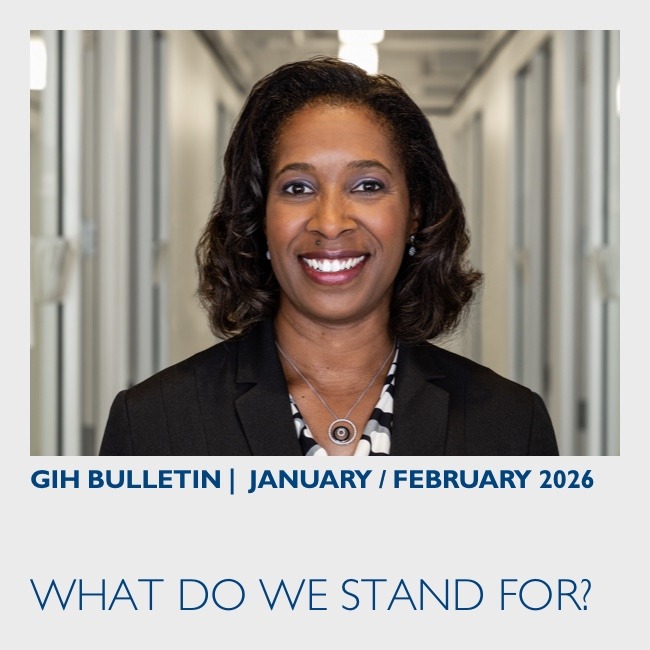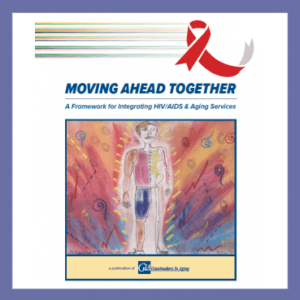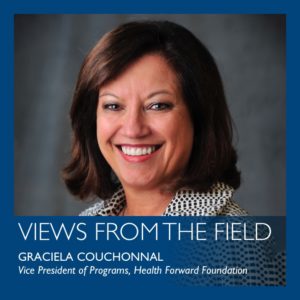Reimagining Rural Health and Well-being
To inform positive change, Grantmakers in Health (GIH) and the National Rural Health Association (NRHA) are partnering to reimagine a unified vision for health and well-being in rural America. The Georgia Health Policy Center (GHPC) was engaged to conduct a landscape analysis and facilitate listening sessions with rural health stakeholders at the local, state, and national levels.
GIH Health Policy Update Newsletter
An Exclusive Resource for Funding Partners
The Health Policy Update is a newsletter produced in collaboration with Leavitt Partnersi and Trust for America’s Health. Drawing on GIH’s policy priorities outlined in our policy agenda and our strategic objective of increasing our policy and advocacy presence, the Health Policy Update provides GIH Funding Partners with a range of federal health policy news.
Poll: A New National Conversation About Covid-19 is Urgently Needed
A new poll by pollster Frank Luntz and the de Beaumont Foundation examines attitudes regarding COVID-19 and explores preferred words, sentences, phrases, and attributes Americans need to hear to change their behavior and stop the spread of the coronavirus pandemic.
Moving Ahead Together: A Framework for Integrating HIV/AIDS and Aging Services
More than half of the 1.2 million people living with HIV in the U.S. are 50 or older. By 2030, that figure is estimated to rise to 70-percent. This new Grantmakers In Aging (GIA) report offers a detailed set of recommendations for bringing health care (HIV, geriatrics, primary, and specialty care), behavioral health care, psychosocial support, and social services into closer cooperation.
States Are Getting Ready to Distribute COVID-19 Vaccines. What Do Their Plans Tell Us So Far?
KFF has released an issue brief reviewing the preliminary vaccine distribution plans submitted to the U.S. Centers for Disease Control and Prevention by the states and the District of Columbia.
Supporting Clinics to Serve as Community Hubs for Health in Central Texas
In Texas, the lack of access to health care, coupled with inadequate and under-resourced systems, has had a profoundly negative impact on communities of color and underserved areas. COVID-19 has laid bare the severity of these issues even more so. These factors, and our commitment to achieving health equity, have informed the St. David’s Foundation’s primary care safety net strategy.
Philanthropy Uniquely Positioned to Address Innovations in Safety Net Health
Health Forward Foundation is celebrating 15 years of grantmaking. In this time, the foundation has anchored access to safety net health care for those most in need in the Kansas City region. Along the way, we have learned valuable lessons about maximizing our investments through innovations and partnerships to benefit those most in need.







